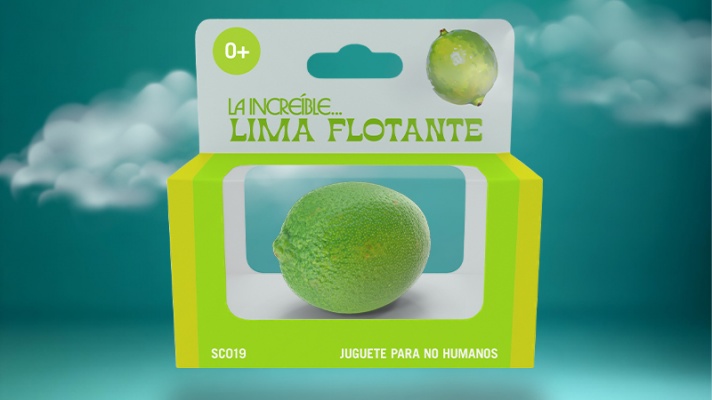Descripción de la Exposición
Parable of Progress opens at Sesc Pompeia on October 26, 2022, on the occasion of the space’s 40th anniversary. Curated by Lisette Lagnado, alongside adjunct curators André Pitol and Yudi Rafael, the exhibition takes as its organizing principle the cultural center’s Área de Convivência (Living Space)—whose conception, under architect Lina Bo Bardi’s renovation, was informed by care, sensitivity and conviviality—to raise utopian values that underlie collective efforts to “build another reality.” The curators explain that this expression summarizes Bo Bardi’s thinking since her experience of living in Bahia, between 1958 and 1964; and later, when she created the Casa do Benin (House of Benin) and deepened her relationship with Brazil’s African heritage. The “civilization” the architect sought so much to define, based on what is conventionally called the “Northeast,” is one of the themes of the show, aggregating multiple identities and territories, despite the extractivist and obliterating endeavors in and against the region.
Five territories—cultural spaces with social and educational components and distinct models of conviviality—are participating in the show, instigating a dialogue with Sesc Pompeia: Acervo da Laje (Salvador, Bahia), Aldeia Kalipety (São Paulo), Casa do Povo (São Paulo), Quilombo Santa Rosa dos Pretos (Itapecuru Mirim, Maranhão), and SAVVY Contemporary—the Laboratory of form-ideas (Berlin, Germany). Each of these spaces brings contributions to the project in a gathering of qualities, as they articulate their cultural practices and production within a perspective of care, awareness and coexistence.
According to the curators, instead of seeking a single, unified narrative, the exhibition aims for plurality and dissent. In this sense, it intends to suspend, if not to subvert, the Doctrine of Progress, a positivist principle that paved the way for cruel developmentalist policies. Responding also to the centennial of the Modern Art Week of 1922 and the bicentennial of Brazil’s Independence, it gathers works and practices that challenge the idea of a “hospitable nation,” a notion that occludes not only the violent histories of Portuguese colonization and the transatlantic slave trade—in many ways continued to the present day—but also distinct policies that sought to “whiten” Brazil and pave the way to its modernization.
The notion of parable—borrowed from the literary work of African American feminist Octavia Butler—is articulated in order to combine items from both concrete reality and the symbolic universe that weaves the everyday plot of dreams: paintings, photographs, films, poems, songs and documents that, while usually relegated to “past” eras, continue to reverberate in the present. Envisaged as a curatorial device, the parable allows the show to revisit canonized values in modernist artworks, whose spectral presence still reverberate in our modes of historicization. Frictioned by narratives of uprooted ancestry, iconic works by artists like Anita Malfatti, Tarsila do Amaral, Vicente do Rego Monteiro and Victor Brecheret, highlight forms of exclusion concealed within the ideals of a miscegenated nation that often informed Brazilian foundational myths.
In addition, four documental ensembles complement its nonlinear approach: Afropindorama, SECNEB, Seibi-Kai and Design recall collectives and figures like Edival Ramosa, Mestre Didi and Inaicyra Falcão, Tomoo Handa, Manabu Mabe and Alina Okinaka, and Milan Wollner and Alexandre Wollner, whose trajectories are conflated with the depreciation of their ancestry by the Brazilian State.
For two days during the show´s opening week, on October 27 and 28, representatives of the guest territories will join the curators and a Sesc representative to discuss work strategies and issues related to collective resistance and care in a series of roundtables. The events are part of the show’s five-month long public program, organized by Explode!—a platform that intersects art, culture, pedagogy and social justice.
The exhibition is part of the program Diversos 22—Projetos, Memórias, Conexões [Diverse 22—Projects, Memories, Connections], carried out by Sesc São Paulo throughout the year and which is being held in celebration of the centennial of the Modern Art Week of 1922 and the Bicentennial of Brazil’s Independence (1822).

Exposición. 16 abr de 2025 - 11 may de 2025 / Centro Botín / Santander, Cantabria, España

Formación. 08 may de 2025 - 17 may de 2025 / Museo Nacional Centro de Arte Reina Sofía (MNCARS) / Madrid, España